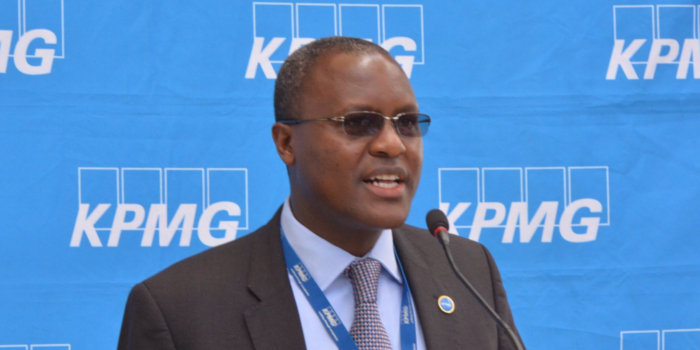advertisement
Future of work now borders on those on the know or in the no
Today’s Human Resource leaders are divided on the urgent need to redefine the Human Resources function for success in the…

Today’s Human Resource leaders are divided on the urgent need to redefine the Human Resources function for success in the 21st century, according to KPMG International’s global survey of over 1200 HR leaders, entitled The Future of HR 2019: In the Know or In the No.
While some HR leaders are confidently harnessing the resources and insights that will
transform HR and its value to the enterprise, a much larger segment of less-confident HR
leaders are demonstrating either a ‘wait-and-see’ approach or simply sitting idle on the sidelines.
While the KPMG Kenya findings today based on results of East Africa HR practitioners who participated in the survey Gerald Kasimu, Partner and Head of Advisory, KPMG East Africa said: “Whereas 92% of HR leaders in East Africa recognise the need for workforce
transformation, only 56% feel” very confident” about HR’s actual capabilities to transform
and move them forward via key capabilities like analytics and AI.”
advertisement
Among key findings in KPMG’s new Future of HR study:
• Just 40 percent of HR leaders said they have a digital transformation work
plan in place
• 70 percent recognize the need for workforce transformation but only 37
percent are “very confident” about HR’s ability to transform
• 42 percent agree that preparing the workforce for a future with Artificial
Intelligence is one of the biggest challenges HR will face over the next five
years
• HR functions which are currently undergoing a digital transformation (or
completed recently) consider skill deficiencies (51 percent) and lack of
resources (43 percent) to be the key barriers to moving from initial phases of
the transformation to scale
• Workplace culture is also considered a top barrier to digital transformation
for 41 percent of respondents. About one in three (35 percent) said their
current culture is more task oriented rather than innovative or experimental
According to the Survey, HR executives in East Africa ranked performance management,
attraction of employees learning and reskilling and staff retention as areas where they think they currently add most value to the organisation. However, analytics creating multiple employee value propositions and strategic workforce planning were listed among the areas they felt they were adding value.
advertisement
This survey of 1200 executives also reveals a difference of opinion between HR teams and
their senior leaders. More than half of the HR executives surveyed – 60 percent – believe AI will eliminate more jobs than it creates. Conversely, KPMG’s 2018 Global CEO Outlook
study revealed about the same number of CEOs, 62 percent, believe AI will create more
jobs than it eliminates.